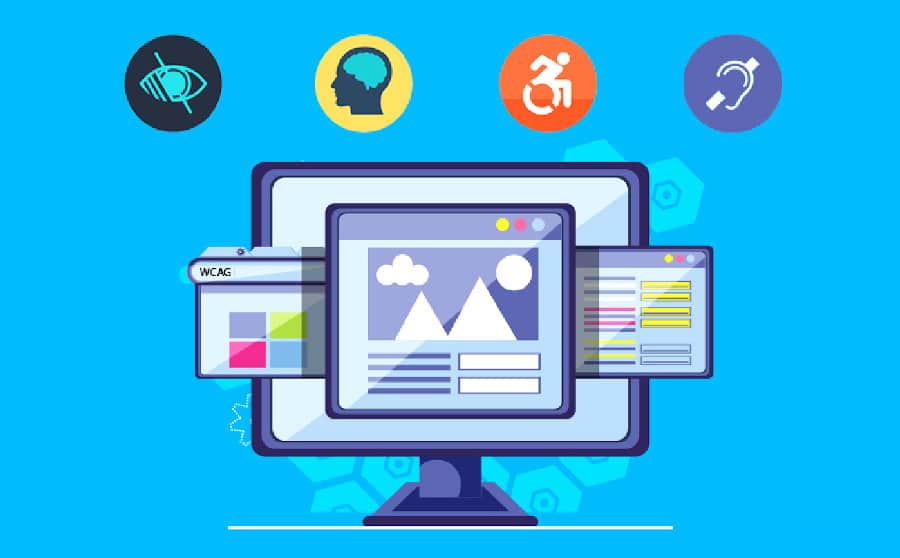Analyze Technological and Global challenges and Promote Them
Technological and Global challenges have the potential to address global challenges, it's essential to acknowledge the digital divide.

In today's rapidly changing world, technology and global challenges such as climate change, poverty, inequality, and pandemics require innovative solutions more than ever before.
Technology has become a driving force in addressing these challenges and promoting sustainable development.
This blog post explores the pivotal role of technological innovation in tackling global issues and advancing the path to a more sustainable future.
The Nexus Between Technology and Global Challenges
Climate Change Mitigation
One of the most pressing global challengesis climate change. Technological innovation plays a pivotal role in reducing greenhouse gas emissions and transitioning to a sustainable energy future.
Advancements in renewable energy technologies, such as solar panels, wind turbines, and energy storage systems, have made clean energy more accessible and affordable.
Additionally, smart grids and energy-efficient buildings help optimize energy consumption.
Moreover, artificial intelligence (AI) and big data analytics are being employed to develop climate models, monitor deforestation, and predict extreme weather events, enabling better climate adaptation and disaster preparedness.
Sustainable Agriculture
Feeding a growing global population while minimizing environmental impact is another critical challenge.
Precision agriculture technologies, driven by innovations in sensors, drones, and data analytics, enable farmers to optimize resource use, reduce chemical inputs, and increase crop yields sustainably.
Genetic engineering and biotechnology also hold promise in developing drought-resistant crops and improving crop nutritional content.
Access to Clean Water
Access to clean and safe drinking water is a fundamental human right, yet billions still lack it. Innovative water purification methods, such as graphene-based filters and solar water disinfection, are helping address this challenge.
Smart water management systems are also enhancing the efficient use of water resources in agriculture and urban areas.
Healthcare and Pandemic Response
The COVID-19 pandemic underscored the crucial role of technology in healthcare and pandemic response. Rapid vaccine development, enabled by mRNA technology and AI-driven drug discovery, highlighted the potential for innovation to combat global health crises.
Telemedicine and wearable health tech have improved access to healthcare services and remote monitoring, making healthcare more accessible and efficient.
Promoting Sustainable Development Through Innovation
Poverty Alleviation
Technological innovation has the power to lift people out of poverty. Mobile banking services and digital payment platforms have expanded financial inclusion, giving individuals in underserved areas access to banking and savings opportunities.
Moreover, microfinance institutions use technology to assess creditworthiness and provide loans to aspiring entrepreneurs, stimulating economic growth in impoverished regions.
Quality Education
Access to quality education is essential for sustainable development. EdTech innovations, such as online learning platforms, virtual classrooms, and educational apps, have democratized education, making it accessible to a global audience.
Gamification and adaptive learning technologies enhance engagement and customize learning experiences for students of all backgrounds.
Gender Equality
Gender disparities persist in many parts of the world. Technology can empower women by providing access to information, online work opportunities, and healthcare services. In addition, social media and online communities enable women to connect, share experiences, and advocate for gender equality.
Urbanization and Smart Cities
As the world becomes more urbanized, the development of smart cities is crucial for sustainable urban living. IoT (Internet of Things) devices and data analytics help manage traffic flow, reduce energy consumption, and enhance public services.
Smart city initiatives aim to improve the quality of life for urban residents while minimizing the environmental footprint.
Challenges and Considerations
Digital Divide
While technology has the potential to address global challenges, it's essential to acknowledge the digital divide.
Not everyone has equal access to technology, which can exacerbate existing inequalities. Bridging this gap through initiatives that provide affordable internet access and digital literacy training is crucial.
Ethical Concerns
As technology advances, ethical considerations arise. AI and automation, for instance, can lead to job displacement and ethical dilemmas in decision-making processes.
Ensuring that technological innovation aligns with ethical principles is essential to avoid unintended consequences.
Environmental Impact
Some technological advancements may have negative environmental consequences if not properly managed. E-waste from discarded electronics, for example, poses environmental hazards. Sustainable design and responsible recycling practices must be integral to technological innovation.
Technological innovation is a powerful force for addressing global challenges and promoting sustainable development.
From mitigating climate change to improving healthcare access and reducing poverty, innovation has the potential to transform our world for the better.
However, we must ensure that the benefits of technology are accessible to all, ethically sound, and environmentally responsible. By harnessing the power of innovation, we can build a more equitable, sustainable, and prosperous future for generations to come.
What's Your Reaction?

















